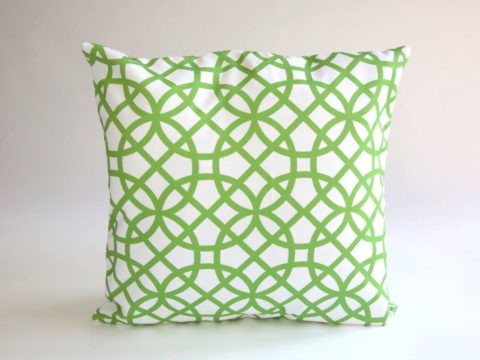Katherine Parr: Religious Writings
Chapter 2 : Education & Influences
In her childhood, Katherine would have been brought up to practise the Catholic faith, as it had been understood for over fifteen hundred years in England. Emphasis was on obedience to the Church's teachings, the need for personal effort to achieve salvation and, at the heart of it all, the miracle of the Mass, where the bread and wine were actually (although not visibly) transmuted into the body and blood of Christ.
However, with the growth of printing, and the increasing availability of ancient texts to scholars, many of the Church's teachings were being questioned. In particular, the great minds of the late fifteenth and early sixteenth century were exercised by the competing doctrines of Free Will and Justification by Faith alone and their place in salvation. It is very likely that during Katherine's education, she would have heard discussion and debate on the topic – many people who continued to see themselves as good Catholics held opposing views.
Tangled up in the theological debate, were the more political issues of the power and corruption of the Church, which was also being questioned in the 1520s. No intelligent person could fail to be aware of the issues and, when Katherine was first married and went to live in Lincolnshire, she came under the influence of her father-in-law, Sir Thomas Burgh, who was a vocal supporter of Church reform. Whether she had any more than an intellectual interest in the issues at this point is unknown but it seems unlikely. She later wrote that
"[God] called me diversely, but, through frorwardness [deliberate contrariness] I would not answer."
Katherine's second marriage was to Lord Latimer, who was considered to be a religious conservative, with a highly decorated chapel, full of the images and relics that the reformers disliked. During this period, Katherine attended Mass several times a day. Nevertheless, the picture of the religious views surrounding her is not straightforward: Latimer betrothed his daughter to the son of Sir Francis Bigod, a well-known reformer. Katherine's uncle, Sir William Parr of Horton, her brother William Parr, later Marquis of Northampton and her sister Anne, later Countess of Pembroke all seem to have embraced reform – although the level of genuine religious conviction is hard to gauge.
By the early 1540s an unbridgeable gulf had opened up between the evangelicals of the early years who wanted reform of abuses within the Church, and the new Protestants, as they were increasingly called, who questioned the very foundation of Catholic faith. The Protestants could not accept that that the bread and wine actually changed into the body and blood of Christ during the Mass. This was not something that anyone was interested in compromising over, in a time when people believed there was one truth (their own). The increasing acrimony between the sides created two parties at Henry's court. What Katherine's exact position on this point of doctrine was in 1543 when she became Queen is uncertain, but she was certainly known as a follower of the reforming group.
A member of her Privy Chamber wrote:
"Her piety cherishes the religion….introduced, not without great labour, into the palace."




